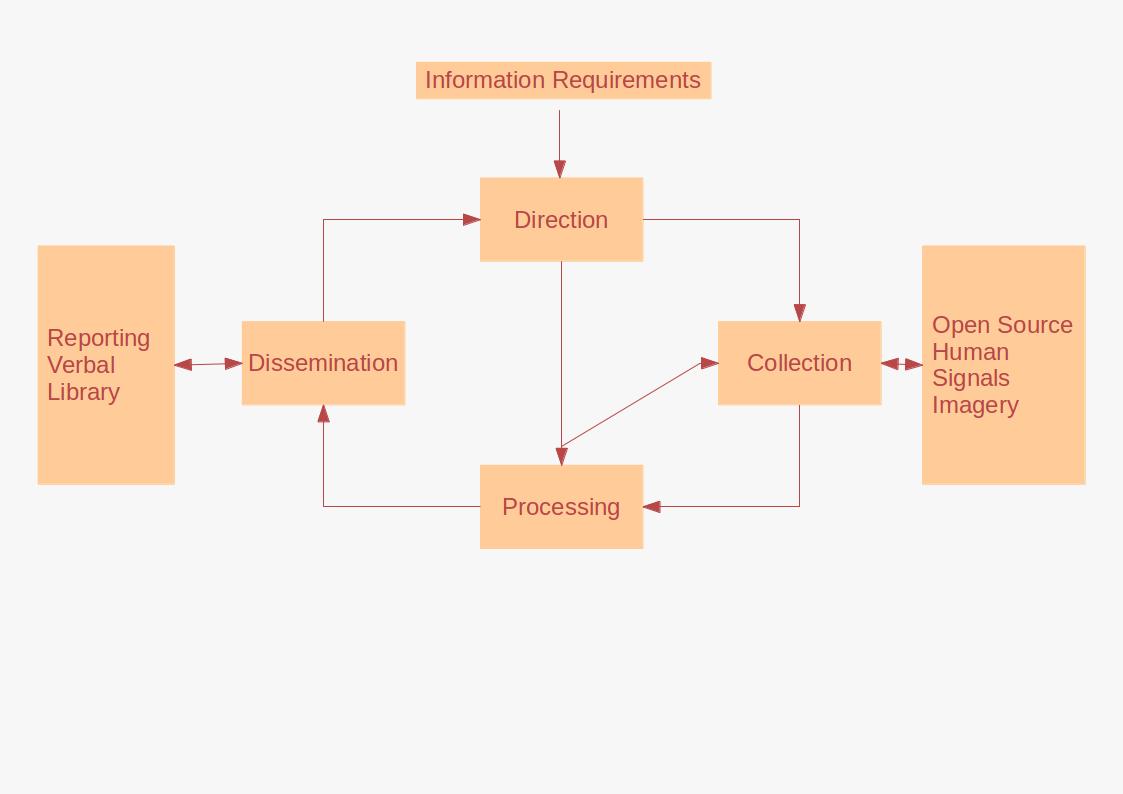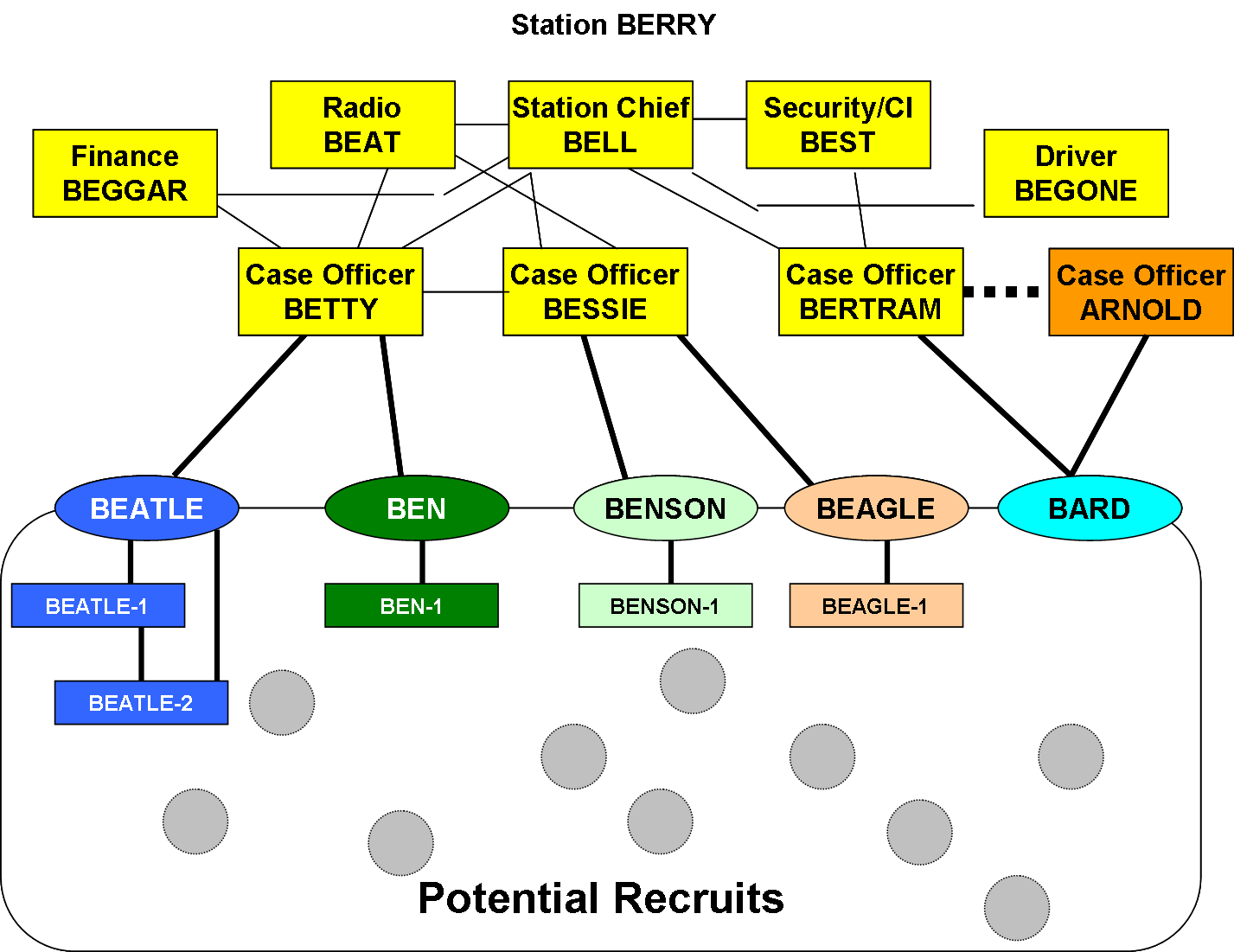|
Directorate Of Military Intelligence (Nepal)
The Directorate of Military Intelligence in Nepal is the Nepalese Army’s intelligence unit. With the head office at Military Headquarters in Kathmandu, DMI functions under a brigadier general of the army. DMI collects its intelligence from plainclothes military agents spread all over the country. During the Maoist insurgency period, DMI was focused on internal security Internal security is the act of keeping peace within the borders of a sovereign state or other Self-governance, self-governing territories, generally by upholding the national law and defending against internal security threats. This task and rol ... than external activities. On the basis of the intelligence provided by DMI, Director of Military Operation (DMO) analyzes the information and prepares accordingly. References Military of Nepal Nepalese intelligence agencies Nepalese Civil War {{Asia-mil-stub ... [...More Info...] [...Related Items...] OR: [Wikipedia] [Google] [Baidu] |
Nepal
Nepal, officially the Federal Democratic Republic of Nepal, is a landlocked country in South Asia. It is mainly situated in the Himalayas, but also includes parts of the Indo-Gangetic Plain. It borders the Tibet Autonomous Region of China China–Nepal border, to the north, and India India–Nepal border, to the south, east, and west, while it is narrowly separated from Bangladesh by the Siliguri Corridor, and from Bhutan by the States and union territories of India, Indian state of Sikkim. Nepal has a Geography of Nepal, diverse geography, including Terai, fertile plains, subalpine forested hills, and eight of the world's ten List of highest mountains#List, tallest mountains, including Mount Everest, the highest point on Earth. Kathmandu is the nation's capital and List of cities in Nepal, its largest city. Nepal is a multi-ethnic, multi-lingual, multi-religious, and multi-cultural state, with Nepali language, Nepali as the official language. The name "Nepal" is first record ... [...More Info...] [...Related Items...] OR: [Wikipedia] [Google] [Baidu] |
Nepalese Army
The Nepali Army (), also referred to as the Gorkhali Army (; see ''Gurkha, Gorkhas''), formally known as "Royal Nepal Army" is the Ground warfare, land Military branch, service branch of the Nepalese Armed Forces, Nepali Armed Forces. After the Gorkha Kingdom was founded in 1559, its army was established in 1560, and initially became known as the ''Gorkhali Army.'' Later it was known as the ''Royal Nepali Army'' (RNA) following the Unification of Nepal, when the Gorkha Kingdom expanded its territory to include the whole country, by conquering and annexing the other states in the region, resulting in the establishment of a single Kingdom of Nepal, united Hindu monarchy over all of Nepal. It was officially renamed simply to the ''Nepali Army'' on 28 May 2008, upon the abolition of the 240-year-old Nepalese monarchy, and of the 449-year-old rule of the Shah dynasty, shortly after the Nepalese Civil War. The Nepali Army has participated in various conflicts throughout its history, ... [...More Info...] [...Related Items...] OR: [Wikipedia] [Google] [Baidu] |
Intelligence (information Gathering)
Intelligence assessment, is a specific phase of the intelligence cycle which oversees the development of behavior forecasts or recommended courses of action to the leadership of an organization, based on wide ranges of available overt and covert intelligence (also known as "intel"). There are two types of assessment; * In the beginning of the intelligence cycle, during the direction phase (also known as tasking or planning), intelligence officers assess past intelligence, identify gaps in information, and determine what new intelligence is needed. * Intelligence assessment also occurs toward the end of the intelligence cycle, during the analysis & production phase. This phase comes after collection and processing but before dissemination to policymakers. Assessments develop in response to leadership declaration requirements to inform decision-making. Assessment may be executed on behalf of a state, military or commercial organisation with ranges of information sources availa ... [...More Info...] [...Related Items...] OR: [Wikipedia] [Google] [Baidu] |
Military Of Nepal
The Nepali Armed Forces are the armed forces, military forces of Nepal. Composed primarily of the ground-based Nepali Army, organized into six active combat divisions, the Nepalese Armed Forces also operates the smaller Nepalese Army Air Service designed to support army operations and provide close light combat support. The Nepalese Army also operates smaller formations responsible for the organization of air defense, logistics, military communications, artillery, and airborne forces within Nepalese territory. In addition, the Armed Police Force (Nepal), Armed Police Force acts as a paramilitary force tasked with maintaining internal security within Nepal. The Nepalese Armed Forces are a volunteer force with an estimated 95,000 active duty personnel in 2020, with an estimated annual military budget of around 440 million US dollars, not including military assistance funding from the India, Republic of India and China, People's Republic of China or more recently from the United S ... [...More Info...] [...Related Items...] OR: [Wikipedia] [Google] [Baidu] |
Kathmandu
Kathmandu () is the capital and largest city of Nepal, situated in the central part of the country within the Kathmandu Valley. As per the 2021 Nepal census, it has a population of 845,767 residing in 105,649 households, with approximately 4 million people in the surrounding metropolitan area. The city stands at an elevation of 4,344 feet (1,324 metres) above sea level. Recognized as one of the oldest continuously inhabited places in the world, Kathmandu's history dates back to the 2nd century AD. Historically known as the ''Nepal Mandala'', the valley has been the cultural and political hub for the Newar people, a significant Civilization, urban civilization in the Himalayas, Himalayan region. Kathmandu served as the royal capital of the Kingdom of Nepal and is home to numerous palaces, temples, and gardens reflecting its rich heritage. Since 1985, it has hosted the headquarters of the South Asian Association for Regional Cooperation (SAARC). Today, Kathmandu remains the epice ... [...More Info...] [...Related Items...] OR: [Wikipedia] [Google] [Baidu] |
Undercover
A cover in foreign, military or police human intelligence or counterintelligence is the ostensible identity and role or position in an infiltrated organization assumed by a covert agent during a covert operation. Official cover In espionage, an official cover operative is one who assumes a position in an organization with diplomatic ties to the government for which the operative works such as an embassy or consulate. This provides the agent with official diplomatic immunity, thus protecting them from the steep punishments normally meted out to captured spies. Upon discovery of an official cover agent's secret hostile role, the host nation often declares the agent ''persona non grata'' and orders them to leave the country. Official cover operatives are granted a set of governmental protections, and if caught in the act of espionage, they can request diplomatic protection from their government. In other words, official cover operatives are agents officially recognized by their c ... [...More Info...] [...Related Items...] OR: [Wikipedia] [Google] [Baidu] |
Maoist
Maoism, officially Mao Zedong Thought, is a variety of Marxism–Leninism that Mao Zedong developed while trying to realize a socialist revolution in the agricultural, pre-industrial society of the Republic of China (1912–1949), Republic of China and later the People's Republic of China. A difference between Maoism and traditional Marxism–Leninism is that a united front of progressive forces in class society would lead the vanguardism, revolutionary vanguard in pre-industrial societies rather than communist revolutionaries alone. This theory, in which revolutionary Praxis (process), praxis is primary and ideological orthodoxy is secondary, represents urban Marxism–Leninism adapted to pre-industrial China. Later theoreticians expanded on the idea that Mao had adapted Marxism–Leninism to Chinese conditions, arguing that he had in fact updated it fundamentally and that Maoism could be applied universally throughout the world. This ideology is often referred to as Marxism� ... [...More Info...] [...Related Items...] OR: [Wikipedia] [Google] [Baidu] |
Nepalese Civil War
The Nepalese Civil War was a protracted armed conflict that took place in the then Kingdom of Nepal from 1996 to 2006. It saw countrywide fighting between the Kingdom rulers and the Communist Party of Nepal (Maoist), with the latter making significant use of guerrilla warfare. The conflict began on 13 February 1996, when the CPN (Maoist) initiated an insurgency with the stated purpose of overthrowing the Nepali monarchy and establishing a people's republic; it ended with the signing of the Comprehensive Peace Accord on 21 November 2006. The civil war was characterized by numerous war crimes and crimes against humanity, including summary executions, massacres, purges, kidnappings, and mass rapes. It resulted in the deaths of over 17,000 people, including civilians, insurgents, and army and police personnel; and the internal displacement of hundreds of thousands of people, mostly throughout rural Nepal. The Truth and Reconciliation Commission has received about 63,000 compla ... [...More Info...] [...Related Items...] OR: [Wikipedia] [Google] [Baidu] |
Internal Security
Internal security is the act of keeping peace within the borders of a sovereign state or other Self-governance, self-governing territories, generally by upholding the national law and defending against internal security threats. This task and role differs from border security. Responsibility for internal security may range from police to paramilitary forces, and in exceptional circumstances, the military itself. Threats to internal security Threats to the general peace may range from minor civil disorder, civil unrest, large scale violence, or even an armed insurgency. Threats to internal security may be directed at either the state's citizens, or the organs and infrastructure of State (polity), the state itself, and may range from petty crime, serious organised crime, organized crime, political or industrial unrest, or even domestic terrorism. Foreign powers may also act as a threat to internal security, by either committing or sponsoring terrorism or rebellion, without actually ... [...More Info...] [...Related Items...] OR: [Wikipedia] [Google] [Baidu] |
Nepalese Intelligence Agencies
Nepalese or Nepali may refer to something or someone of, from, or associated with the nation of Nepal. Concerning Nepal * Nepali people, citizens of Nepal * Nepali language, an Indo-Aryan language found in Nepal * Nepalese literature * Nepalese cuisine * Nepalese culture * Nepali cinema * Nepali music Other uses * ''Nepali'' (film), a 2008 Indian Tamil-language film See also * * * Nepal (other) * Languages of Nepal Languages of Nepal, referred to as Nepalese languages in the Constitution of Nepal, country's constitution, are the languages having at least an ancient history or origin inside the sovereign territory of Nepal, spoken by Nepalis. There were 1 ... {{disambiguation Language and nationality disambiguation pages ... [...More Info...] [...Related Items...] OR: [Wikipedia] [Google] [Baidu] |



